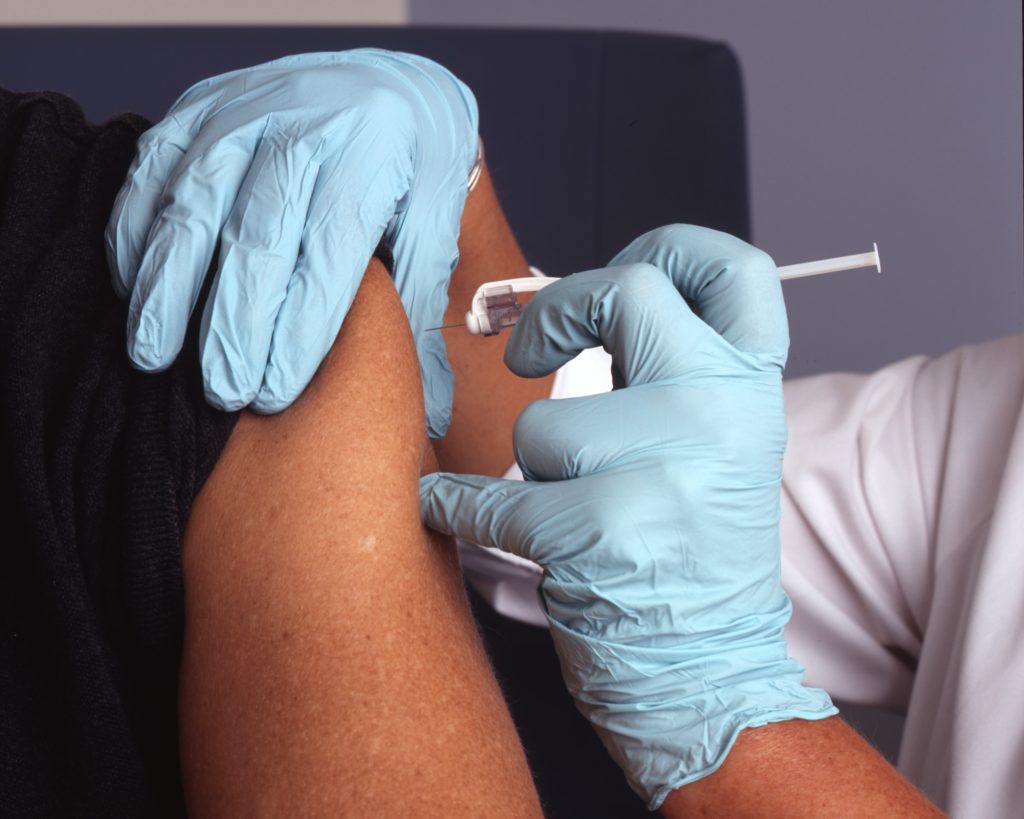Researchers have reported the results of the largest ever study to compare the risks of cardiovascular events – such as myocarditis, pericarditis, and cardiac arrhythmia – between different vaccines and COVID-19 infection, and the first to investigate the association between cardiac events and the Oxford-AstraZeneca vaccine.

The study, led by University of Oxford researchers supported by the NIHR Oxford Biomedical Research Centre, was published in Nature Medicine.
A link between heart inflammation, such as pericarditis and myocarditis, and vaccination was not observed during clinical trials of the most common COVID-19 vaccines. However, shortly after vaccines were rolled out across the globe, concerns began to be raised about a possible link – in particular, to myocarditis and especially in younger people.
The researchers linked the National Immunisation Management Service (NIMS) Database of COVID-19 vaccination with a national patient-level healthcare database of 38 million people aged 16 or older vaccinated for COVID-19 in England between 1 December 2020 and 24 August 2021.
The study looked at rates of hospital admission or death from myocarditis, pericarditis and cardiac arrhythmias in the 28 days following vaccination or a positive COVID-19 PCR test.
The study lead, Julia Hippisley-Cox, Professor of Clinical Epidemiology and General Practice at the University’s Nuffield Department of Primary Care Health Sciences (NDPCHS), said: “We know the COVID-19 vaccines are highly effective at reducing risks of severe outcomes from COVID-19 infection. And what we’ve found here continues this finding – whilst there are some increased risks of rare heart-related complications associated with vaccines these are much lower than the risk associated with getting COVID-19.
“For example, we estimated between one and 10 extra events of myocarditis in 1 million people vaccinated with a first or second dose, but 40 extra cases in 1 million people infected with COVID-19.”
She added: “However, it is important that we know about and identify the risks of these rare conditions from vaccines as well, to ensure that clinicians know what to look for, aid earlier diagnosis and inform clinical decision making and resource management.”
Martina Patone, Medical Statistician at the NDPCHS and co-lead author, said: “This is the largest study to date of acute cardiac outcomes after COVID-19 vaccination or infection and the first to compare risk of cardiac events between different vaccine products and COVID-19 infection. This is also the first study to investigate the association between cardiac events and the Oxford AstraZeneca vaccine.
“This will be important to the public, clinicians and policy makers as although myocarditis and pericarditis were not observed as risks in COVID-19 vaccine trials, there have been numerous reports of suspected cases following vaccination in the general population.”
The findings show the risks of myocarditis associated with the two mRNA vaccines to be slightly higher in people aged under 40 and particularly after the second Moderna vaccine. For these people, the study estimated that there were an extra 10 myocarditis events per million people following a positive SARS-CoV-2 test and an extra 15 per million following a second dose of mRNA-1273 (Moderna) vaccine.
The researchers stress that more research is needed to understand why the risk of myocarditis appears to be higher following the Moderna vaccine in this group of people, but also stress that while the risks of myocarditis are slightly higher than COVID-19 infection, the vaccine is still safer overall and risks less harm than COVID-19 infection.
Professor Nicholas Mills, British Heart Foundation Chair of Cardiology at the University of Edinburgh and co-lead author, said: “Our findings are consistent with those from a similar study of people receiving the Pfizer-BioNTech vaccine from Israel and two studies of people receiving the Moderna vaccine in the US. We’ve now extended these observations by including 38 million adults in England receiving both adenovirus and mRNA vaccine types.
“This study had several strengths. First, the UK offered an ideal place to carry out this study given three vaccinations have been rolled out at speed and scale. Second, this was a population-based study of prospectively recorded data and avoided recall and selection biases linked to case reports. Third, the large sample size means that we can identify rare events that might not be picked up through clinical trials.”